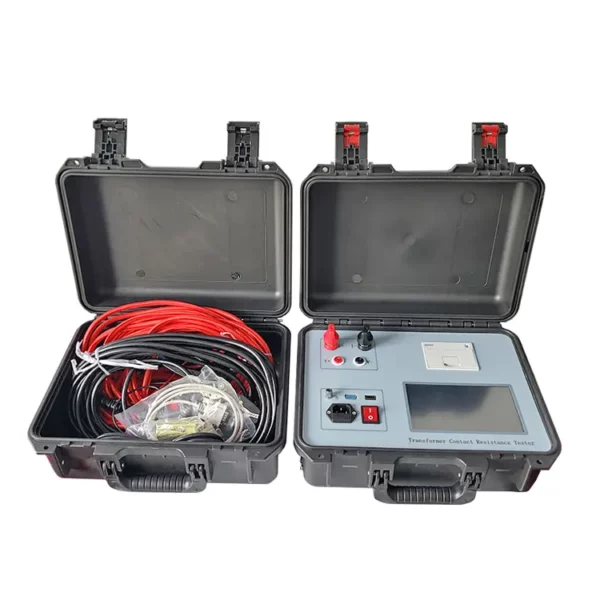Loop resistance testers, circuit breaker tester, and contact resistance testers are all essential tools in the field of electrical testing and maintenance. While they serve different purposes, there is a clear relationship between these testers in terms of their role in ensuring the safety and efficiency of electrical systems .
Let’s Explore The Relationship Between A Loop Resistance Tester And Circuit Breakers.

A loop resistance tester is used to measure the resistance in a closed electrical loop. This test helps in identifying any abnormalities or faults in the loop, such as loose connections or damaged conductors. On the other hand, circuit breaker testers are specifically designed to evaluate the performance and functionality of circuit breakers. They ensure that circuit breakers can effectively interrupt the flow of current in the event of a fault or overload. By using a loop resistance tester in conjunction with a circuit breaker tester, electrical professionals can assess the overall integrity and reliability of the electrical system, including the circuit breakers within the loop .
Contact Resistance Testers Play A Crucial Role In Maintaining The Efficiency Of Electrical Contacts.
These testers are used to measure the resistance at the point of contact between two conductive surfaces. By measuring contact resistance, electrical professionals can identify any issues such as corrosion, loose connections, or worn-out contacts. This information helps in preventing overheating, voltage drop, and potential failures in electrical systems. The contact resistance tester complements the loop resistance tester and circuit breaker tester by ensuring the proper functioning of electrical contacts within the loop and circuit breakers.
The Loop Resistance Tester Realize Contact Resistance And Circuit Breakers
The loop resistance tester can measure the contact resistance of high-voltage switches and circuit breakers, and can also test the primary side resistance of transformers and grounding wires in groups.
Function introduction: The test current is strong and can meet international standards for contact resistance testing.
In summary, the relationship between loop resistance testers, circuit breaker testers, and contact resistance testers lies in their collective contribution to the evaluation and maintenance of electrical systems. While loop resistance testers assess the overall loop integrity, circuit breaker testers focus on the performance of circuit breakers, and contact resistance testers ensure the efficiency of electrical contacts. By utilizing these testers together, electrical professionals can ensure the safety, reliability, and efficiency of electrical systems .